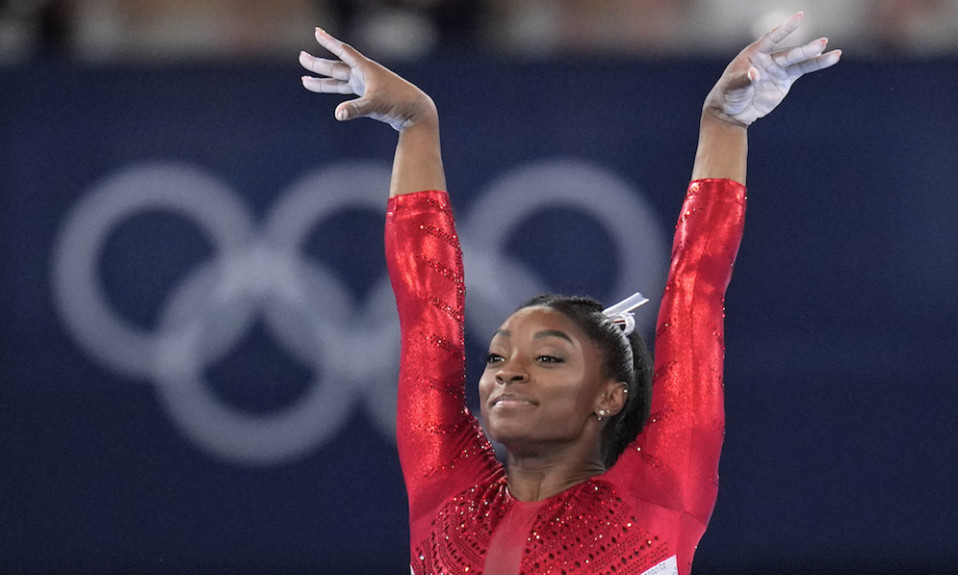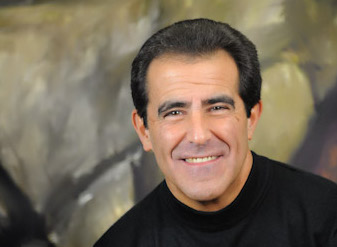On the world’s biggest stage, the superstar Olympic gymnast prioritized her mental health over outside expectations—and it was pure gold
By Jason Langendorf
Simone Biles, a global icon of athletic competition, recently had a bad day at the office. Perhaps you heard about it.
Okay, it wasn’t just a bad day—it was the worst. And her office? Biles, maybe the greatest gymnast who ever lived, came up short at the Tokyo Olympics, in a scene witnessed by tens of millions of viewers on the closest thing that exists today to a true world stage.
Of course you heard about it. Biles’ tumble from grace was inescapable. It was ugly and awkward. It was undoubtedly her lowest moment as an athlete.
At the same time, it was the pinnacle of her career.
For those who themselves suffer from mental health issues—which can become intertwined with addiction when left ignored or untreated—Biles’ decsion can be viewed as nothing less than a perfect dismount.”
The scene: In the first rotation of Tuesday’s women’s team gymnastics final, Biles, competing on the vault, was able to complete only 1.5 turns of what was believed to be a planned 2.5-turn routine known as the Amanar. Amazingly, she avoided calamity and landed on her feet. Biles seemed to be suffering from a case of what gymnasts describe as the “twisties”—a mental block that’s a little like having regrets at 100 feet after being shot from a cannon. Rather than continue, the 24-year-old Biles chose to remove herself from the competition.
“I have to focus on my mental health and not jeopardize my health and well-being,” Biles, who entered the Tokyo Games with four Olympic and 19 World Championship gold medals, said in the aftermath.
For those who themselves suffer from mental health issues—which can become intertwined with addiction when left ignored or untreated—Biles’ decision can be viewed as nothing less than a perfect dismount.
Simone Biles Turns the Spotlight to Mental Health
In a setting in which grit, perseverance and unyielding drive are prized above all else, Biles—a performer and competitor who by now should be beyond reproach—chose serenity over distinction. Peace over glory.
Not everyone, as you can imagine, was pleased with her decision. Many critics painted Biles’ withdrawal as an example of today’s supposed “soft” youth and participation-trophy culture. Words like fold and quit were tossed around far too easily. Because this was a group competition, and especially because Team USA finished with a silver medal rather than gold, some even framed it as a moral failing—an act of cowardice. Mental health? Not when there are medals to be won, missy.
Maybe we’ve grown accustomed to witnessing otherworldly acts of athleticism, but it’s important to understand: What Biles does on the mat bends reality, stretches the laws of physics. In a sport that puts its competitors in constant danger—in which a single false footfall, a slight shift in balance, threatens paralysis—Simone Biles tells gravity to shove it.
Neither her greatness nor her commitment need ever be questioned. As if Tuesday were Biles’ first-ever crisis of confidence. As if she hadn’t already given her all, hundreds of times over, for her teammates—competing through the usual bruises and sprains, a broken foot, kidney stones. As if she hadn’t almost single-handedly lifted up Team USA gymnastics after the Larry Nassar scandal had brought the program into disgrace.
By choosing her own health, clarity of mind and emotional well-being over a competition, Biles set a new bar for other world-class athletes—and hopefully the rest of us, skeptics included.”
Sacrifice? Focus? Determination? Biles could write a book about how little the rest of us know about those concepts. Anyone with an ounce of understanding about her sport or Biles herself knows that she has stood on the razor’s edge of adversity and cartwheeled to the other side a thousand times before.
And by choosing her own health, clarity of mind and emotional well-being over a competition, Simone Biles set a new bar for other world-class athletes—and hopefully the rest of us, skeptics included.
“It just sucks when you’re fighting with your own head,” she said after Tuesday’s performance.
The beauty of Biles’ assessment? Her acknowledgment of a foe more significant than the Russia Olympic Committee or Great Britain—and her public prioritization, first and foremost, of that battle. Medal or no, Biles achieved a golden triumph.
Photo: AP Photos













